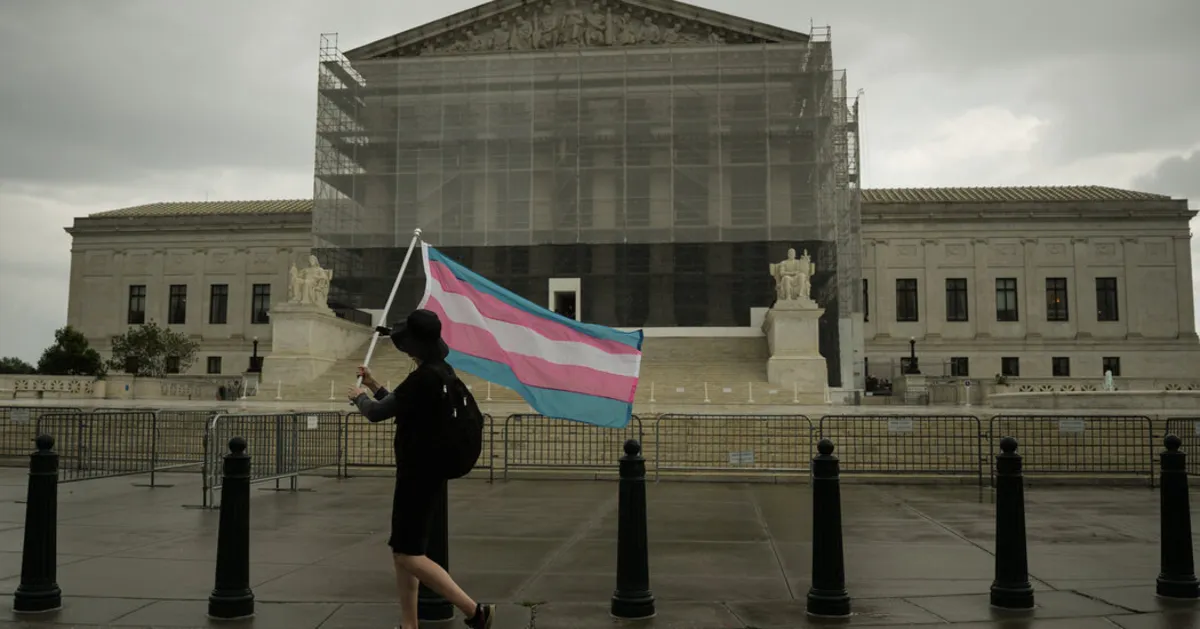
On Thursday, the Supreme Court announced its decision to hear two pivotal cases that challenge the constitutionality of state laws prohibiting transgender athletes from participating on girls' and women's sports teams. This decision indicates the Court's readiness to re-engage in the significant and contentious debate surrounding transgender rights.
The legal challenges accepted by the Supreme Court stem from state laws in Idaho and West Virginia, both of which impose restrictions on transgender athlete participation. This comes on the heels of a June ruling where the Court, divided along ideological lines, upheld a Tennessee law that restricted certain medical treatments for transgender youth. The cases will be addressed in the Court’s upcoming term, starting in early October, although no date for oral arguments has been set yet.
Individuals challenging these laws argue that such restrictions violate the Constitution’s guarantee of equal protection under the law. Lower courts have previously blocked the implementation of these laws for the plaintiffs involved, leading state officials to seek the Supreme Court's intervention. The implications of these cases could have far-reaching effects on transgender rights and the landscape of women’s sports in the United States.
The West Virginia case, titled West Virginia v. B.P.J., originates from a 2021 law that prohibits transgender athletes from competing on girls’ teams in public schools. In April 2023, the Supreme Court addressed an emergency petition related to this case, allowing a transgender girl to continue competing in girls’ cross-country and track events at her middle school while her legal challenge progressed. This decision highlighted the ongoing legal battles faced by transgender sports participants across the country.
In the Idaho case known as Little v. Hecox, a transgender college student from Boise State University is challenging HB 500, an Idaho law that bars transgender athletes from participating in competitive sports. This case reflects the growing tensions and legal discrepancies surrounding transgender rights in the realm of athletics, as many states continue to adopt similar laws restricting transgender participation.
The Supreme Court’s willingness to hear these cases marks a significant moment in the ongoing struggle for transgender rights. As the Court prepares to deliberate, the outcomes could reshape the policies governing transgender athletes and set important legal precedents regarding equal protection under the law. The nation will be closely watching as these critical cases unfold in the coming months.